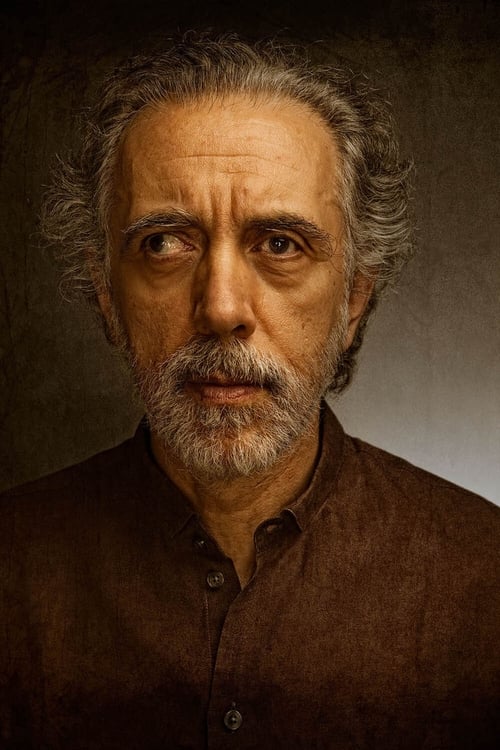Luis García Berlanga: pasado, presente y futuro del cine español (2021)
Genre : Documentary
Runtime : 50M
Director : Jorge Rojas
Synopsis
A conversation about the life and work of Spanish filmmaker Luis García Berlanga (1921-2010).
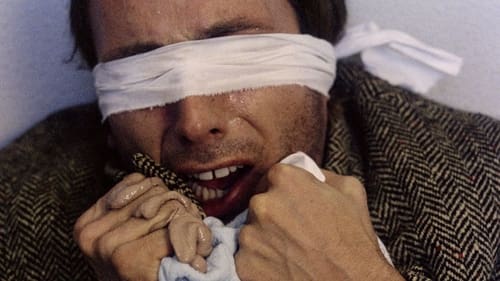
José Sirgado is a low-budget filmmaker whose heroin addiction distorts his perspective of the real world. Although he is a depressed and unstable individual, his mood improves when he receives the mysterious films of Pedro, with whom he shares his passion for cinema.
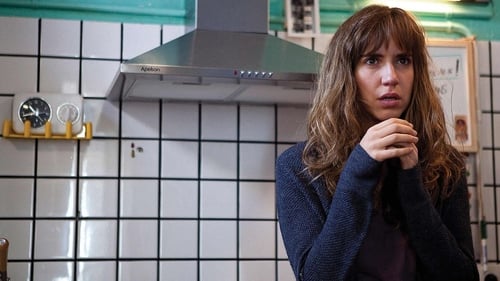
Eleven-year-old Elisa (Claudia Pons) lives with her father (Hans Richter) in Spain following the breakup of her parents. Elisa goes to a fair with her father, and meets one of his friends (Jordi Gracia), a successful jeweler. Days later, a change comes over Elisa -- her mother (Lydia Zimmermann) notices she seems distant and withdrawn, and her teacher (Pep Sais) watches as she grows disinterested in her studies and her grades drop dramatically. Fourteen years later, Elisa (now played by Aina Clotet) is a grown woman who suddenly and unexpectedly recalls the traumatic event changed her life when she was a girl...
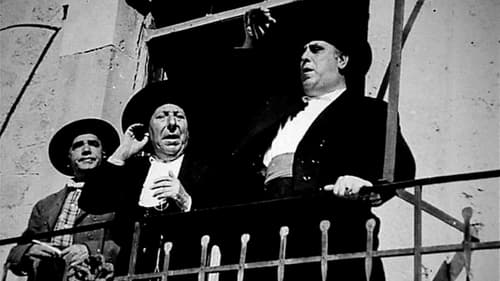
A conversation about the life and work of Spanish filmmaker Luis García Berlanga (1921-2010).
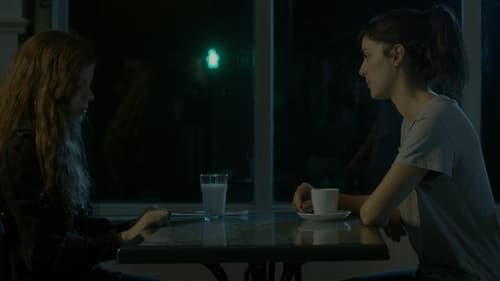
A cleaner faces a deep depression after the death of her daughter. One night, she feels that someone is watching her from the darkness of an alley.
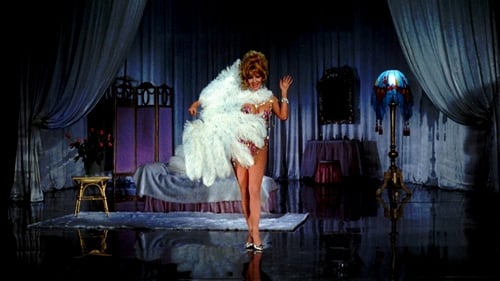
What was the role of women in Spanish cinema from the 1930s to the present explained through fragments of different films, both fiction and non-fiction. (Followed by “Manda huevos,” 2016.)
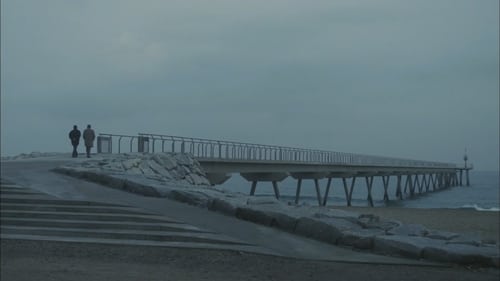
Thirty years after exile, Francesc Lamban journalist returns to the city where he was born to reunite with an old friend, attorney Ernest Salesa. The event takes place on the beach that saw the end of their relationship, and this fact is not accidental: Salesa has a business at hand transcendental and mysterious and has to convince Lamban to be part of it, at whatever price . While that behave remove ghosts from the past and the terrible memory of a love lost tragically common.

The octogenarian Angono Mba recalls the expedition in which he worked as porter for the Spanish filmmaker Manuel Hernández Sanjuán who, between 1944 and 1946, traveled through Spanish Guinea documenting life in the colony as he obsessively searched for a mysterious lake.

Five women directors offer their own very idiosyncratic view of sensuality and eroticism through the five senses of sight, smell, touch, taste and hearing.

Documentary by Juan Francisco de Lasa about a pioneer of Spanish cinema. Gelabert attended one of the first sessions of the Lumière's cinématographe in Barcelona. Briefly after, he built a contraption based on this invention. He produced his first picture, "Dorotea", in 1897. His film "Riña en un café" is considered the first Spanish film to feature a plot.

A portrait of the Spanish director Lorenzo Llobet Gràcia (1911-76), one of the outsiders of Spanish cinema, and the story of his masterpiece, a cult work that tells the story of a self-taught filmmaker who was born under the sign of the shadows, lights and chiaroscuro of cinema.
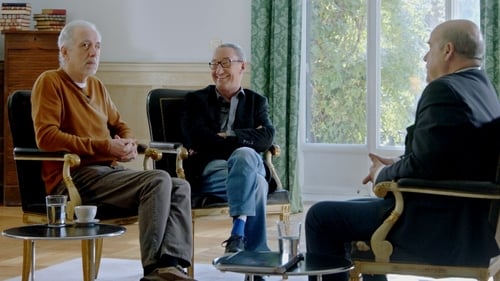
In Spain, on May 11, 1896, at the Price circus, the first moving images ever shown in the country are projected. From that event, the Spanish actor Antonio Resines intends to compile a series of anecdotes to shape the amazing history of Spanish cinema, holding several conversations with prominent figures of the Spanish film industry.
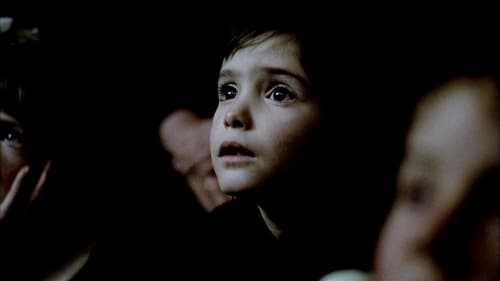
An audiovisual investigation into the way Spanish cinema has represented its audience throughout history, and a tribute to those who, for over a hundred years, have inhabited the theaters, mutually nurturing their deepest dreams and aspirations.

In 1993, Jesús Parrado interviewed actor and director Jacinto Molina, world-wide known as Paul Naschy, and director Amando de Ossorio, two key figures of the Spanish fantasy cinema. In 2019, part of this footage is rescued. The rest has lost forever.

For a book project, photographer Timothy Greenfield-Sanders took photographs of 30 stars of adult movies, each pair of photographs in the same pose, clothed and nude. This film records the photo shoots and includes interviews with the performers and commentary from eight writers (and John Waters). The actors and writers discuss economics, nudity and exhibitionism, careers, and private lives.

Johnny Knoxville and his band of maniacs perform a variety of stunts and gross-out gags on the big screen for the first time. They wander around Japan in panda outfits, wreak havoc on a once civilized golf course, they even do stunts involving LIVE alligators, and so on.
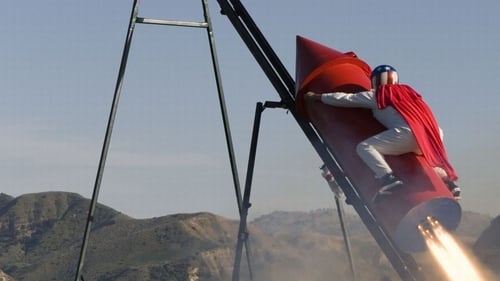
Jackass Number Two is a compilation of various stunts, pranks and skits, and essentially has no plot. Chris Pontius, Johnny Knoxville, Steve-O, Bam Margera, and the whole crew return to the screen to raise the stakes higher than ever before.

Johnny Knoxville, Bam Margera, Steve-O, Wee Man and the rest of their fearless and foolhardy friends take part in another round of outrageous pranks and stunts. In addition to standing in the path of a charging bull, launching themselves into the air and crashing through various objects, the guys perform in segments such as "Sweatsuit Cocktail," "Beehive Tetherball" and "Lamborghini Tooth Pull."
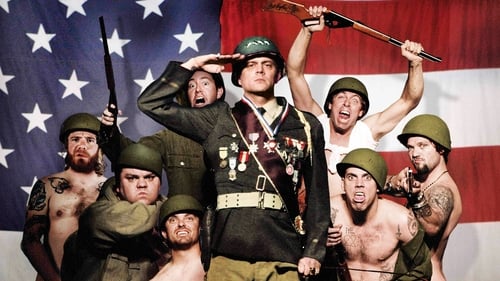
The crew have now set off to finish what as left over from Jackass 2.0, and in this version they have Wee Man use a 'pee' gun on themselves, having a mini motor bike fracas in the grocery mall, a sperm test, a portly crew member disguised as King Kong, as well as include three episodes of their hilarious adventures in India.


